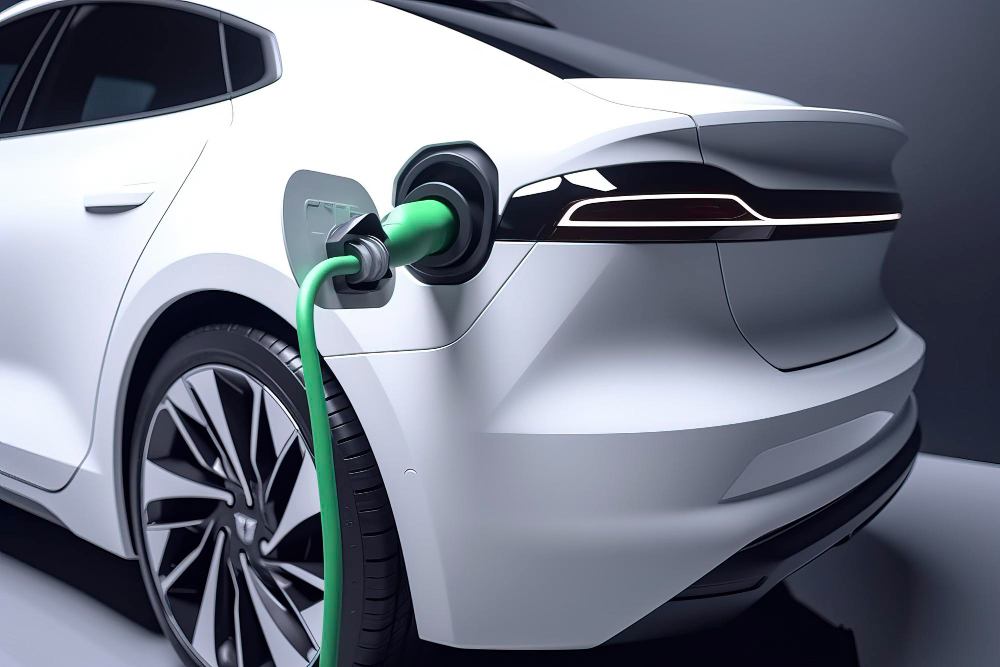Emergency Certified Electricians in Dallas, TX.
Call this Wednesday to Get 10% OFF
Emergency Certified Electricians in Dallas, TX.
Call this Wednesday to Get 10% OFF

As electric vehicles (EVs) gain popularity for their eco-friendly benefits and cost-efficient operation, understanding the typical maintenance costs associated with these innovative vehicles becomes crucial. From routine electrical inspections to EV charger installations, this article explores the various aspects of EV maintenance, highlighting the roles of professionals like electricians, electrical repair services, and EVSE installers, along with an insight into potential costs.
Electric vehicles rely heavily on advanced electrical systems, and regular inspections by certified electricians are essential to ensure the health and functionality of these components. Routine inspections typically involve checking the vehicle's charging system, battery, and overall electrical infrastructure. While costs can vary, an annual electrical inspection may range from $100 to $300, providing owners with peace of mind regarding their EV's electrical well-being.
The battery is the heart of any electric vehicle, and while advancements have led to increased longevity, occasional maintenance may be required. Most EV manufacturers offer warranties on their batteries, often ranging from 8 to 10 years. Beyond the warranty period, potential battery replacement costs can vary significantly based on the make and model of the EV, ranging from $5,000 to $15,000 or more. However, the decreasing trend in battery prices ensures that these costs are becoming more affordable over time.
Electric Vehicle Supply Equipment (EVSE) installers play a crucial role in maintaining the charging infrastructure, ensuring optimal performance and reliability. Routine maintenance, including cable checks, software updates, and overall system inspections, is essential. While the costs for EVSE maintenance can vary, an annual maintenance service may range from $100 to $500, depending on the complexity of the charging infrastructure.
Routine tire maintenance is a universal aspect of vehicle ownership, and EVs are no exception. Regular tire rotations, alignments, and replacements, when necessary, are essential for optimal performance and safety. The costs associated with tire maintenance for electric vehicles are comparable to those of traditional vehicles, ranging from $50 to $150 per service, depending on the extent of the required maintenance.
EVs often feature regenerative braking systems, contributing to extended brake pad life. While this technology reduces the frequency of brake system maintenance compared to conventional vehicles, occasional inspections are still recommended. Brake system maintenance costs for electric vehicles are typically in line with traditional vehicles, ranging from $100 to $300, depending on the extent of the service required.
Smart charging solutions are becoming increasingly popular as they enhance the convenience and efficiency of charging an electric vehicle. Electricians and EVSE installers are instrumental in implementing these technologies. An EV charger installation with smart features can range from $500 to $1,500, depending on the complexity of the system and any additional features.
As the electric vehicle market continues to expand, understanding the typical maintenance costs associated with these vehicles is vital for informed decision-making. While electric vehicles offer cost-efficient and eco-friendly advantages, owners should be prepared for routine electrical inspections, potential battery replacement costs, and periodic maintenance of the charging infrastructure.
Working closely with certified electricians at Mr. Electric ensures that electric vehicle owners can address any issues promptly and maintain the longevity of their vehicles. While maintenance costs may vary based on factors such as the EV model and usage patterns, the overall trend indicates that owning and maintaining an electric vehicle is increasingly becoming not only sustainable but also economically viable over time.